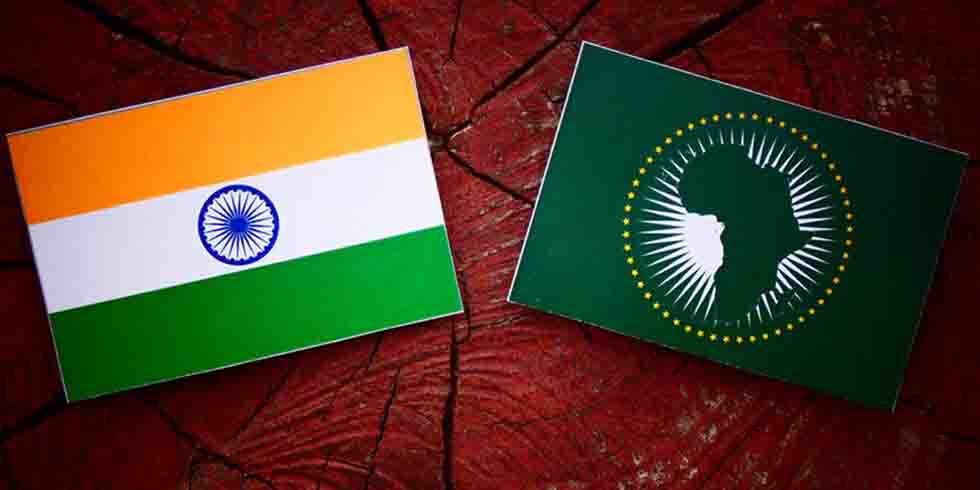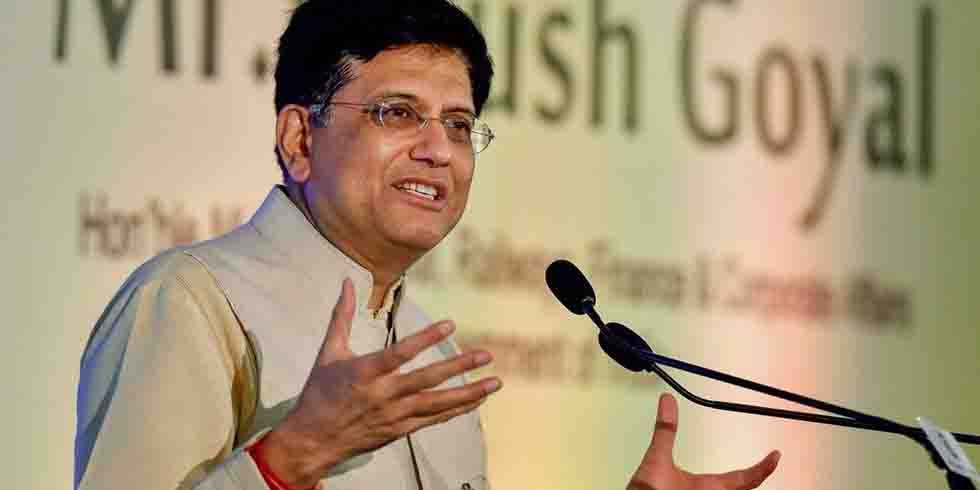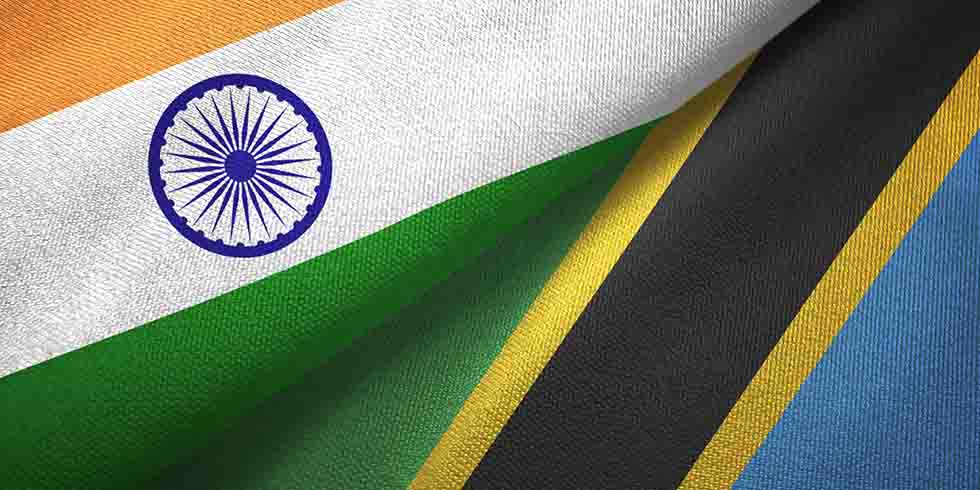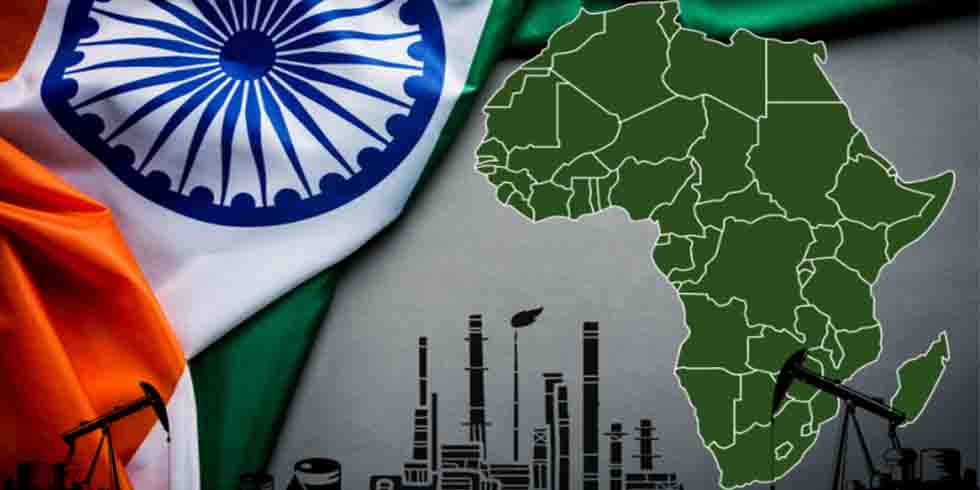As 2025 begins, it is an appropriate opportunity to reflect on and analyse India's existing African policies, as well as to propose new policies based on prior experiences. 2024 has been a watershed moment in the India-Africa relationship, with Prime Minister (PM) Narendra Modi visiting Nigeria and inaugurating a naval station in Mauritius, as well as the deployment of defence attaches in several major African countries. As India formulates its Africa policy for the coming year, one sometimes overlooked issue that could define the trajectory of India's future contacts with the continent is its ability to aid Africa in establishing the AfCFTA African Continental Free Trade issue (AfCFTA).
Africa’s Goals and Agenda Are India’s Priority : Supporting AfCFTA in 2025

Given its experience with similar issues in fostering trade and economic growth, India is well-positioned to help African countries implement and improve the AfCFTA. The AfCFTA was launched in January 2021, making Africa the world's largest free trade area, with a combined GDP of US$3.4 trillion and a population of almost 1.2 billion. 47 of the 55 African nations that were a part of the accord have already ratified it. The goal of the agreement is to increase intra-African commerce by removing trade restrictions and allowing free movement of products and goods between participating nations.
This forecast eventually boosts African GDP growth by 7% annually. This GDP development is expected to lift an estimated 30 million Africans out of extreme poverty and raise the income of an additional 68 million people who earn less than US$5.50 a day. Through the Rule of Origin (RoO), the agreement also grants member state products priority market access. Through RoO, the protocol aims to boost Africa's agricultural sector, which employs over 240 million people, producing strong raw materials to support the continent's industrial sector. Given that Africa now accounts for just 1.9% of the global manufacturing sector, this is noteworthy.
India-Africa relations have always been based on trade, and throughout the last ten years, the value of bilateral exchanges has grown significantly to almost US$103 billion. India is currently Africa's third-largest trading partner, behind China and the European Union (EU). Pharmaceuticals, textiles, cars, mineral fuels, oils, timber goods, and industrial and transportation equipment are among India's biggest exports to Africa.
India's external affairs minister, Dr. S. Jaishankar, said the country's future foreign policy has a "big, long, and smart" vision and aims for a "deeper engagement with the world." Africa fits this agenda better than any other region. Undoubtedly, the continent has been facing numerous challenges, such as debt, internal conflict, political instability, and coping with the consequences of climate change. However, United Nations Secretary-General Antonio Guterres expressed his support for a united, prosperous, and peaceful continent during last year's African Union Summit, saying that Africa could truly claim the twenty-first century. The success of the AfCFTA will be crucial to that process.
India can make a big contribution by helping Africa realise the goals set forth in "The Agenda 2063: The Africa we want." India is dedicated to working with all African countries as they join the AfCFTA in order to solve the issues preventing the region from moving forward. According to this viewpoint, India can assist Africa in realising its goal of being an affluent continent. India must include the successful implementation of the AfCFTA in its Africa Policy since it will be essential to achieving this goal.









Add Comment